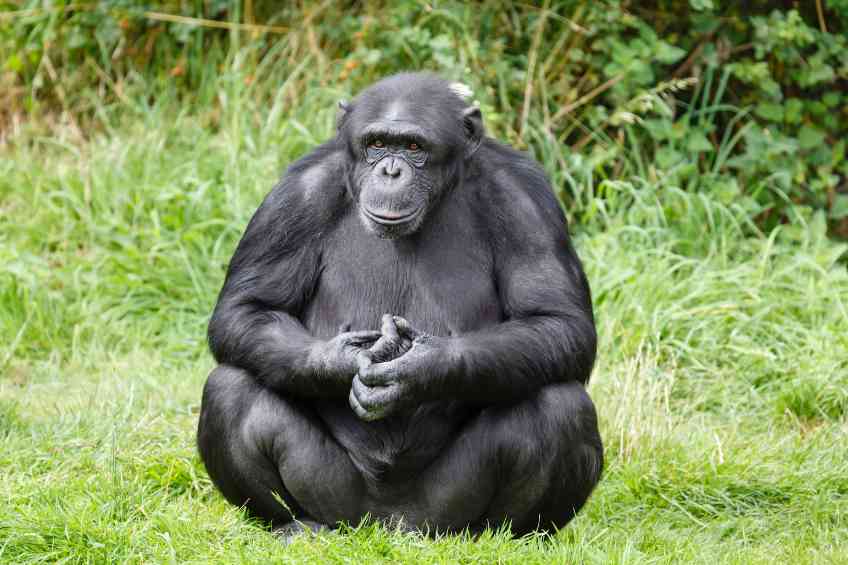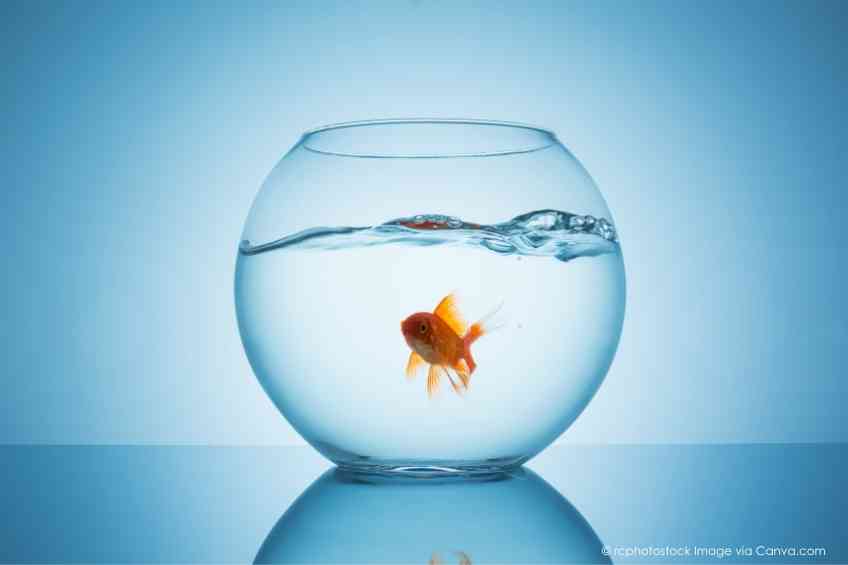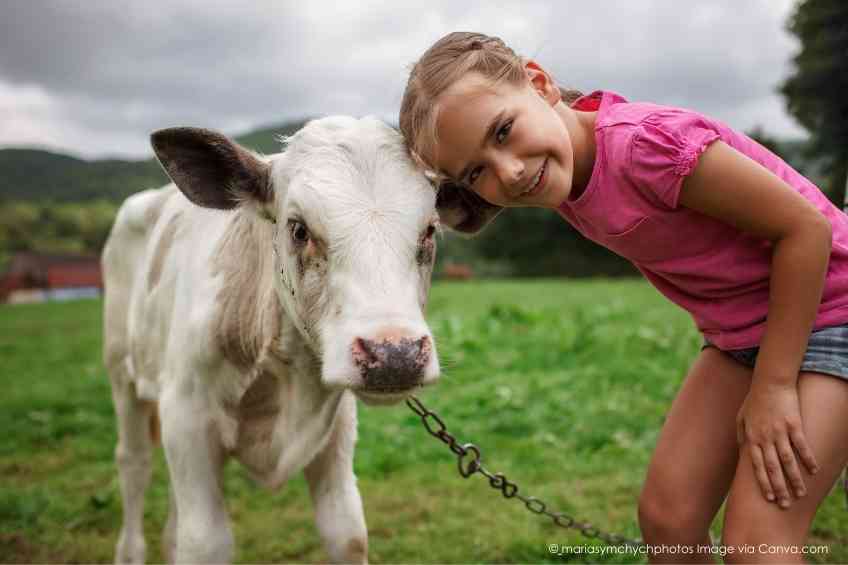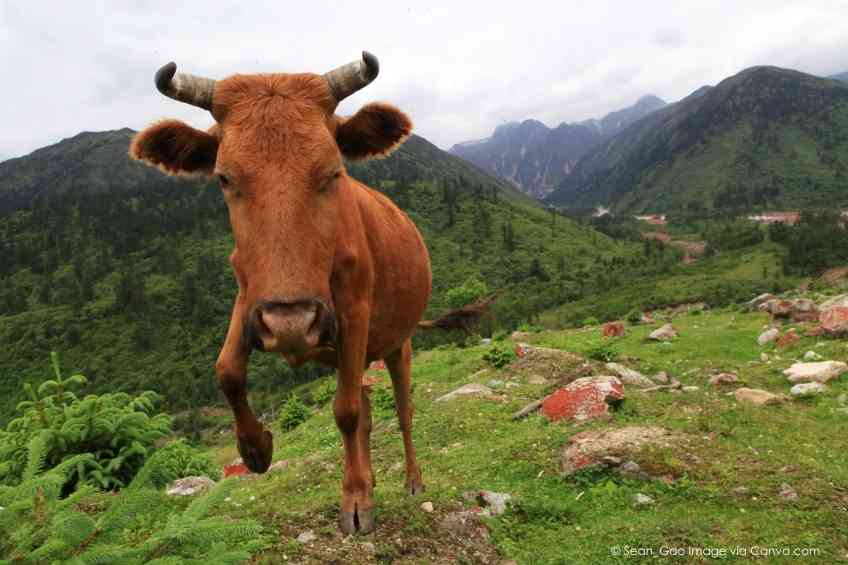By John Salak –
Whoa, great apes like to spin themselves dizzy to avoid reality. Does this show why humans have sought to alter their mental states for thousands of years? Perhaps.
Two British universities offered this tantalizing possibility after discovering that great apes deliberately spin themselves dizzy.
“Every culture has found a way of evading reality through dedicated and special rituals, practices or ceremonies. This human trait of seeking altered states is so universal, historically and culturally, that it raises the intriguing possibility that this is something potentially inherited from our evolutionary ancestors,” said study co-leader Dr. Adriano Lameira of The University of Warwick.
“If this is indeed the case, it would carry huge consequences on how we think about modern human cognition capacities and emotional needs.”
The researchers were intrigued after seeing numerous videos of gorillas, chimpanzees, bonobos and orangutans all spinning out regularly. They noted that great ape spinning speeds while holding onto a rope were comparable to professional human dancers and circus performers, not to mention Dervish Muslims, who do whirling ceremonies to achieve a spiritual trance.
“Spinning alters our state of consciousness. It messes up with our body-mind responsiveness and coordination, which make us feel sick, lightheaded, and even elated as in the case of children playing in merry-go-rounds, spinner-wheels, and carousels,” Lameira explained.
“We wanted to try to understand through this study whether spinning can is a primordial behavior that human ancestors would have autonomously engaged in and tapped into other states of consciousness. If all great apes seek dizziness, our ancestors are also highly likely to have done so,” he added.
The researchers ultimately wanted to know what these spins have in connection to the development of the human mind.
“The apes were doing this purposefully, almost as if they were dancing—a known mechanism in humans that universally facilitates mood regulation and social bonding and heightens the senses and is based on rotation movements. The parallel between what the apes were doing and what humans do was beyond coincidental,” Lameira noted.
The British researchers even tried to emulate the ape spins only to find, like their primate cousins, they got dizzy and were likely to fall over.
“This would indicate that the primates deliberately keep spinning, despite starting to feel the effects of dizziness, until they are unable to keep their balance any longer,” added Dr. Marcus of The University of Birmingham, who co-led the research.
“The further back in human history you look, the less certain we can be about the role that substance-induced experiences played in our evolution. It’s not clear whether our ancestors had access to mind-altering substances or if they had the tools and knowledge to create the substance. For example, people may have had access to grapes, but you cannot assume they have the tools or the knowledge to create wine,” Lameira theorized.
Okay, so even if great apes like to spin themselves silly—and maybe early human ancestors had similar inclinations—does the research reveal why many people embrace a mind-altered state? Not really. The drive could come from boredom, a desire to play or something else.
The researchers, nonetheless, are keen to keep watching these spinning apes in hopes of gaining some insights into the mental state of humans.
“There could be a link to mental health here, as the primates we observed engaging in this behavior were mostly captive individuals who may be bored and trying to stimulate their senses,” Lameira said.”There are some interesting parallels that should be investigated further, to understand why people are motivated to engage in these behaviors. We have been seeking and engaging in mind-altering experiences before we were even modern humans.”
Let the apes lead the way.












